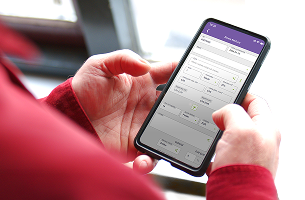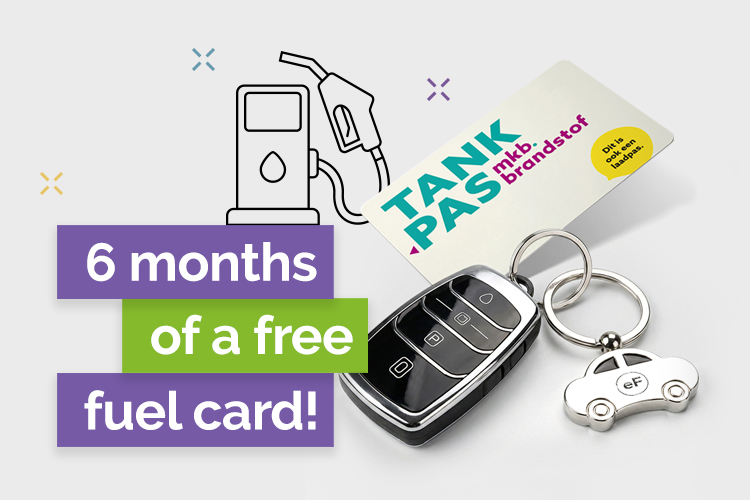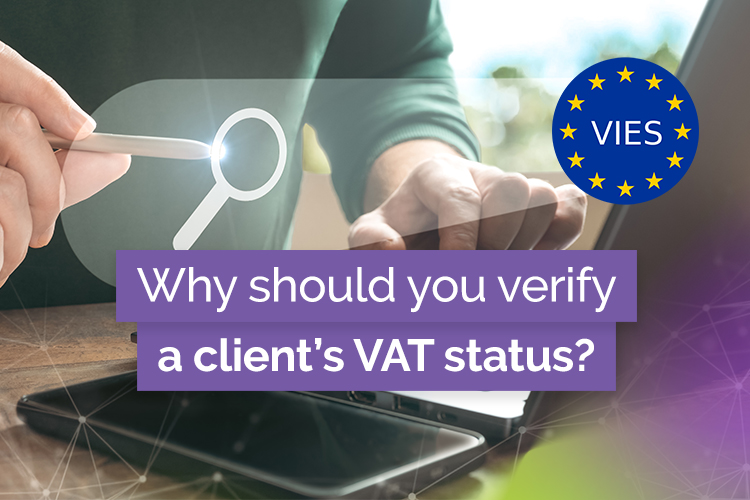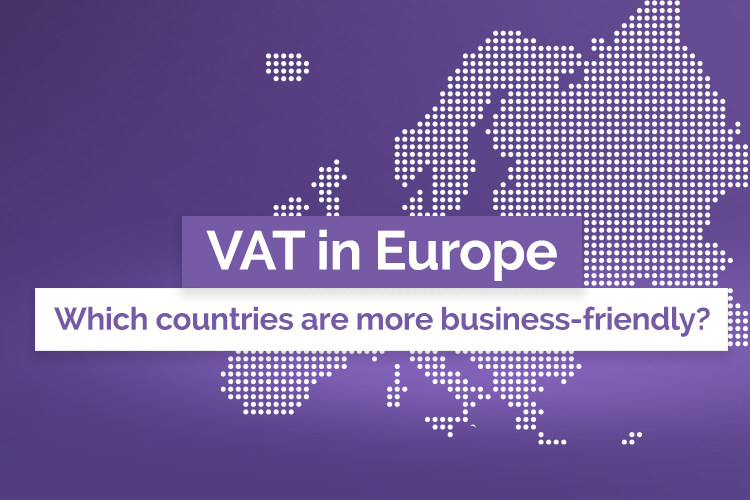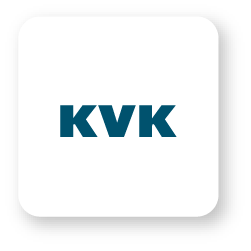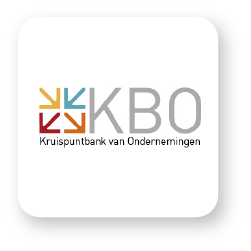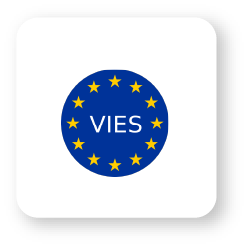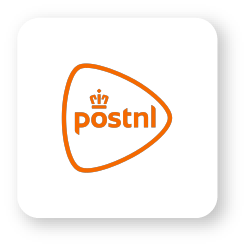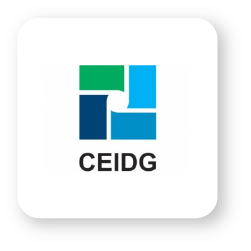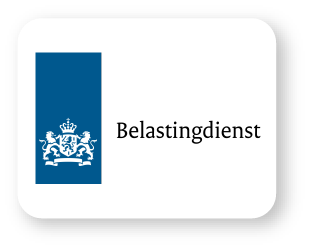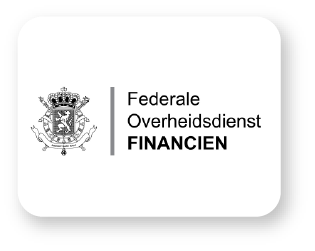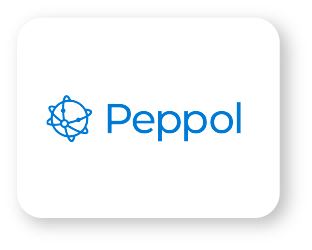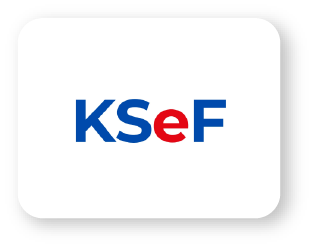Peppol, ViDA & E-invoicing: What’s Coming?
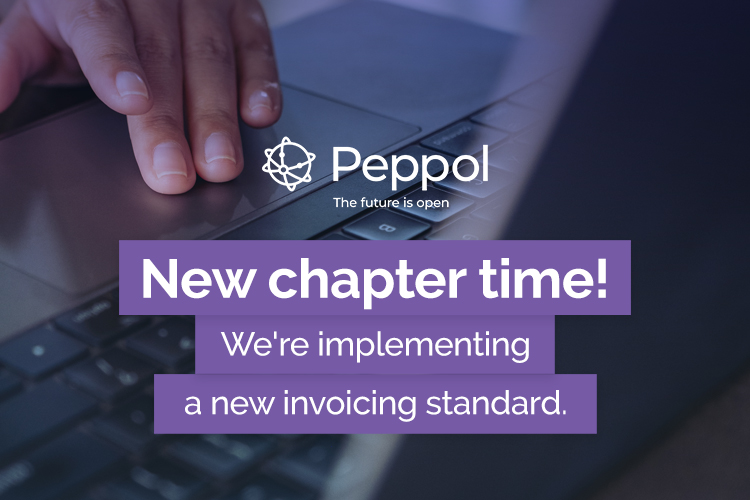
Are you running a business and issuing invoices? Get ready – a digital invoicing revolution is coming to the entire European Union. This isn’t just about switching to a new invoice format. It’s a completely new way of reporting and recording transactions. The changes will affect both large companies and small one-person businesses.
In this article, you’ll learn:
- What Peppol and the ViDA project are,
- When each country is rolling out mandatory e-invoicing (Netherlands, Belgium, Germany, Poland),
- And how to get ready without stress.
What is ViDA and what does it mean for you?
VAT in the Digital Age (ViDA) is a European Commission project. It aims to improve VAT control, automate reporting, and simplify cross-border tax handling.
ViDA will make e-invoicing in B2B transactions mandatory. It will also require businesses to send transaction data to tax offices in real time.
This means tax authorities will have instant access to invoice details. And you – as a business owner – will work under clearer, more transparent rules. Paper, Excel, Word, and handwritten invoices will become outdated.
What exactly is an e-invoice?
An e-invoice isn’t just a PDF sent by email. It’s a document issued, sent, and received in a structured digital format. Systems can read and process it automatically, with no manual data entry.
Across the EU, the most common format is UBL (Universal Business Language) – an XML-based standard that defines how invoice data is organised. Thanks to UBL, accounting systems know exactly where to find the invoice number, issue date, VAT rate, and more. The data is processed instantly.
An e-invoice must also meet the EN 16931 EU standard, which ensures compatibility between systems across different countries. So if you want to stay compliant, you need software that can create UBL/XML invoices.
Want to start invoicing in the correct format? Try it here.
Peppol – The New Standard for E-invoicing
Peppol (Pan-European Public Procurement Online) is a secure digital network for exchanging e-invoices and other business documents between companies and public institutions. It’s based on the UBL format and supports fast, automated data exchange with tax authorities.
Think of Peppol as a highway for invoice data. Invoices travel safely, quickly, and in the same format – without getting lost or misread. Just like drivers follow rules on a highway, documents in Peppol follow standardised technical rules. These apply across all EU countries.
You don’t need to understand the tech. Just use Peppol-compliant software, and your invoices will arrive in the right format, ready for processing.
E-invoicing Timelines – Netherlands, Belgium, Germany & Poland
Every EU country follows its own timeline, but the shared goal is full B2B e-invoicing by 2030.
Netherlands – Required for Public Sector Invoicing
In the Netherlands, Peppol e-invoicing is already mandatory when billing public institutions (like municipalities, schools, and government offices). Invoices must be sent in UBL/XML format via the Peppol network.
There are plans to expand this to the private sector, but no official date has been set. The government is waiting for final EU ViDA guidelines.
If you run a business in the Netherlands, it’s smart to prepare now.
Belgium – Mandatory from January 2026
Belgium will fully roll out mandatory B2B e-invoicing from 1 January 2026. All businesses will be required to send invoices using the national Peppol-compatible format.
If you work with Belgian companies, get ready early. Every B2B transaction will need to follow the new rules.
Germany – Phased Rollout in 2025 and 2027
Germany will implement changes in two steps:
- From 1 January 2025 – all companies must receive e-invoices in the UBL/XML format.
- From 1 January 2027 – it will become mandatory to issue B2B e-invoices.
Germany is moving toward full digital invoicing. If you’re still using PDFs, it’s time to switch.
Read more about Germany’s e-invoicing plans here.
Poland – KSeF Delayed to 2026
Poland’s version of Peppol is called KSeF (Krajowy System e-Faktur). It was planned to go live in July 2024. But in early 2024, the Ministry of Finance announced a new launch date: 1 April 2026. The delay is due to technical issues and business feedback.
Starting in 2026, all VAT-registered companies must use KSeF and issue real-time XML invoices through the national platform. Although KSeF is a local system, its goals align with ViDA: automation, digitalisation, and standardised invoicing.
How can you prepare now?
eFaktura.nl already creates an XML file for every invoice. Behind the scenes, we’re working on full Peppol integration. That means you’re already a step ahead.
E-invoicing is no longer a trend. It’s the new standard. It’s not just about staying compliant. It’s the future of efficient business. For companies, it means less paperwork, faster processing, and better control over finances. For tax offices, it means transparency and real-time oversight.
ViDA, Peppol, and KSeF all aim for one thing: smooth, safe exchange of data between businesses and authorities.
Don’t wait – get ready today
It’s better to prepare early than be caught off guard.
Start now, and you’ll benefit from better organisation, peace of mind, and full compliance.
Try eFaktura.nl for free and see how easy e-invoicing can be – today and in the future.
